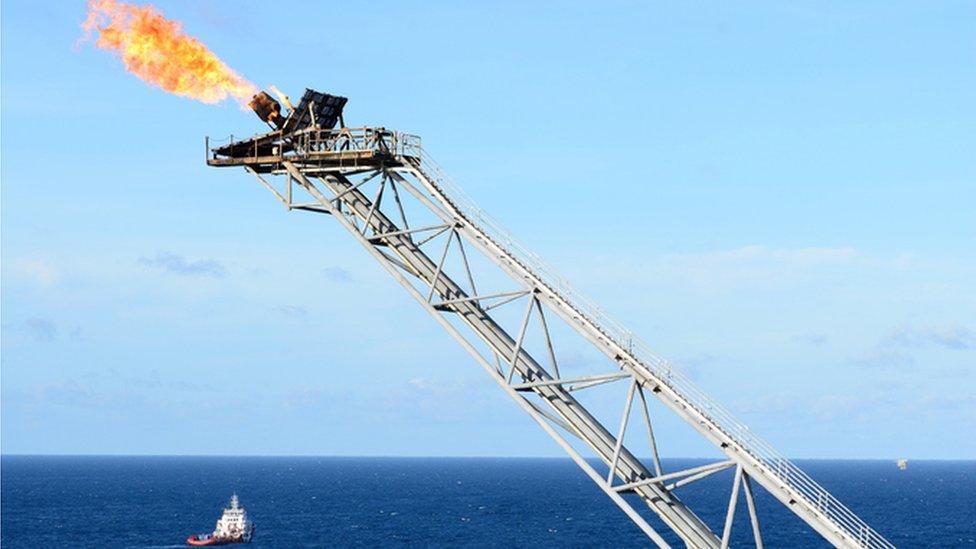North Sea oil and gas exploration 'at lowest level since 1970s'
- Published
- comments
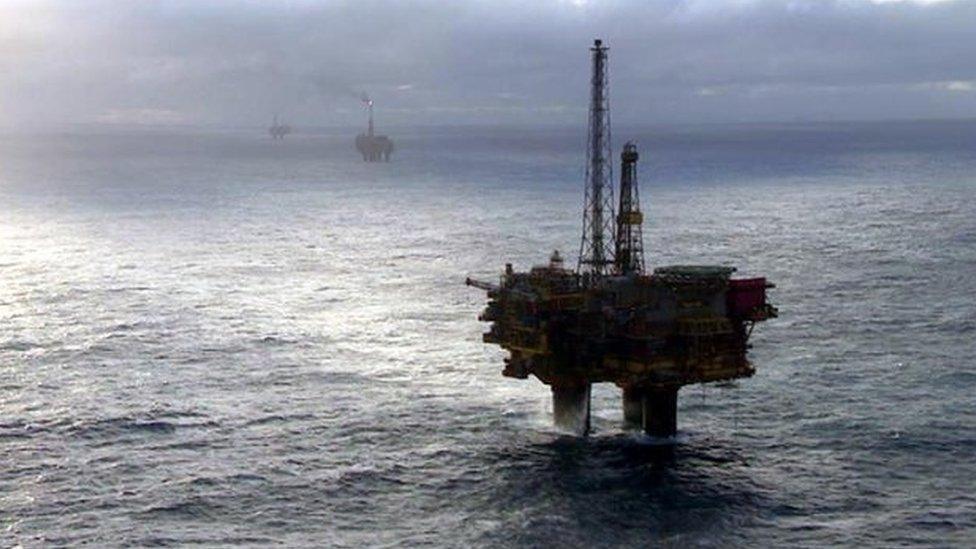
Exploration in the North Sea oil and gas sector is at its lowest level since the early 1970s, according to an industry report.
Industry body Oil and Gas UK's annual Business Outlook said only 94 wells were drilled last year.
This is the first time the number has fallen below 100 since 1973.
However, the report said the sector is in a healthier state with a rising oil price leading to more firms returning profits.
About 600m barrels of oil and gas are produced from the North Sea each year and for long-term sustainability exploration is needed to find more.
Although a small number of wells were drilled, the amount of oil discovered was its highest since 2008 at 350 million barrels.
But the delayed impact of the downturn also meant the supply sector has seen revenue fall by more than £10 billion.
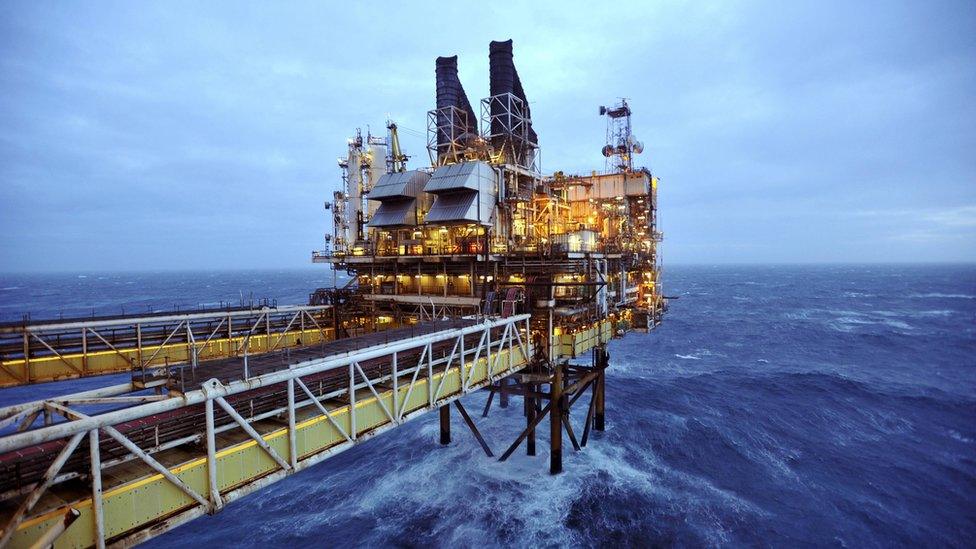
Deirdre Michie, chief executive of Oil and Gas UK, said: "We must recognise that many areas of the supply chain are still struggling with the impact of the downturn and have yet to benefit from any upturn in activity.
"It's vital that we keep driving fresh thinking, innovative approaches and efficiency efforts. The short-term outlook for our sector is more positive with new projects and new entrants bringing new life to the basin, but there are undoubtedly longer-term challenges.
"We need more exploration if we are to get close to recovering the three to up to nine billion barrels of yet-to-find hydrocarbons on the UKCS, matched by a continuing focus on improving recovery from existing fields.
"The investment decisions we make today are key to how much we produce in the years to come."
The Scottish government said the oil industry remained a key component of Scotland's economy.
Energy Minister, Paul Wheelhouse, commented: "These figures, particularly on growth in investment and a further 5% increase forecast for production in 2018, are therefore very welcome.
"While this will boost the supply chain, companies are still finding conditions tough at this time, so we will continue to press UK ministers to exercise their reserved powers to do more to stimulate exploration and attract fresh investment."
The report suggested that material conditions were right for more exploration drilling with changes to the fiscal regime and decreasing overheads making it more cost effective.
But it said early indications suggested companies were instead committing money to areas of the business which produced more certainty that exploration.
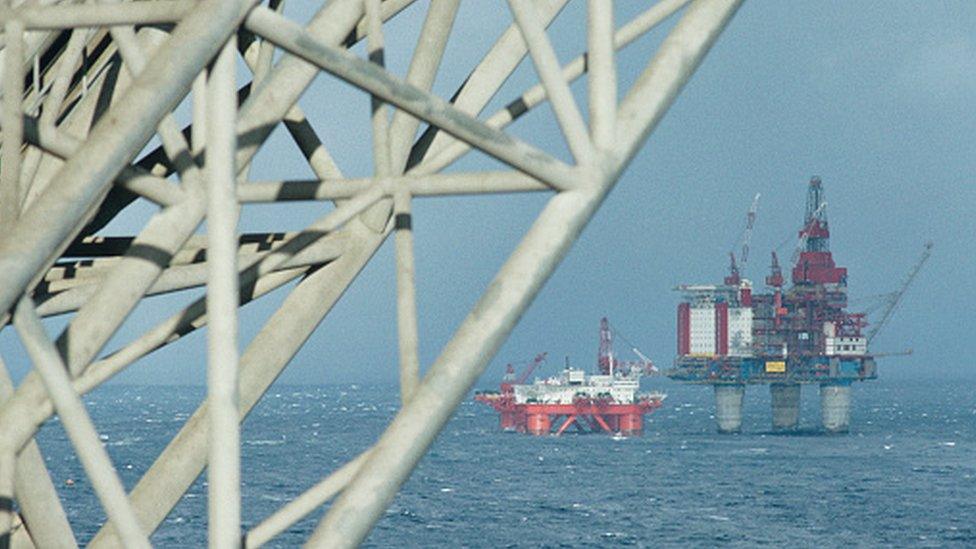
With thousands of jobs being shed, companies have managed to drive down by half the cost of producing a barrel of oil.
That has made it easier for new players like Siccar Point Energy to enter the market.
This relatively small firm, backed by private equity investment, now holds a large portfolio and intends to begin drilling in the Cambo and Lyon fields in the spring.
Chief executive officer Jonathan Roger said: "We saw the drop off of investment over the last few years and the UK is at a critical time so if that continued it would accelerate the end of life for the basin. Companies investing through the cycle are really what will make a big difference.
"When we raised our finance in 2014 it was just ahead of the oil price crash and although doing deals was very difficult through that downturn it allowed us to use our financial strength to get into the very best quality of opportunities as other companies were looking to reduce their capital expenditure.
"That allowed us to build a fabulous business. We've got interests in three of the largest assets left in the UK in Schiehallion, Mariner and Rosebank."
The Business Outlook expects a big increase in investment during 2018 totalling more than for the last three years combined.
Between 12 and 16 oil and gas developments are expected to be given the go ahead this year which would unlock about £5bn.
Production is predicted to increase by 5% making it 20% higher than five years ago.
And after a huge reduction in headcount, more than half of companies in the sector are expecting employee numbers to rise.
- Published19 March 2018
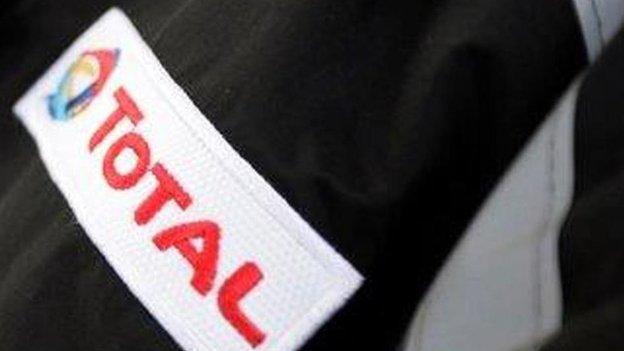
- Published31 January 2018
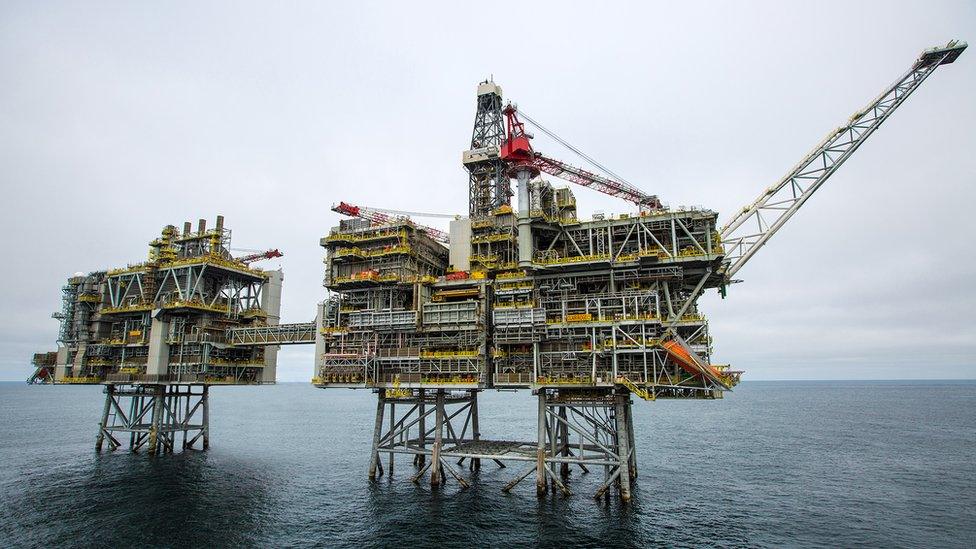
- Published21 November 2017
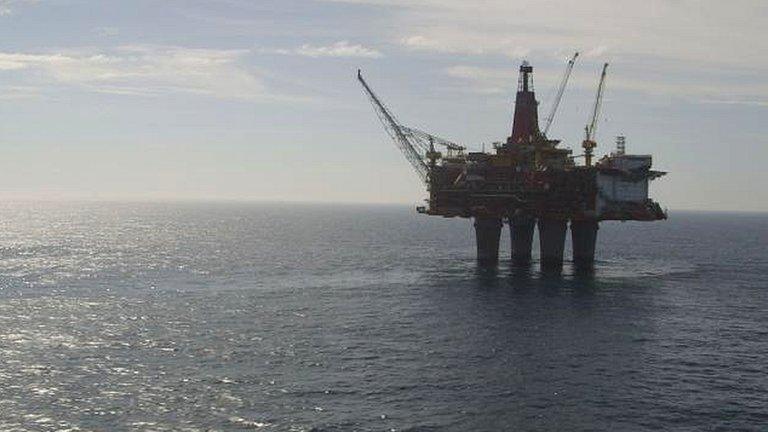
- Published13 September 2017
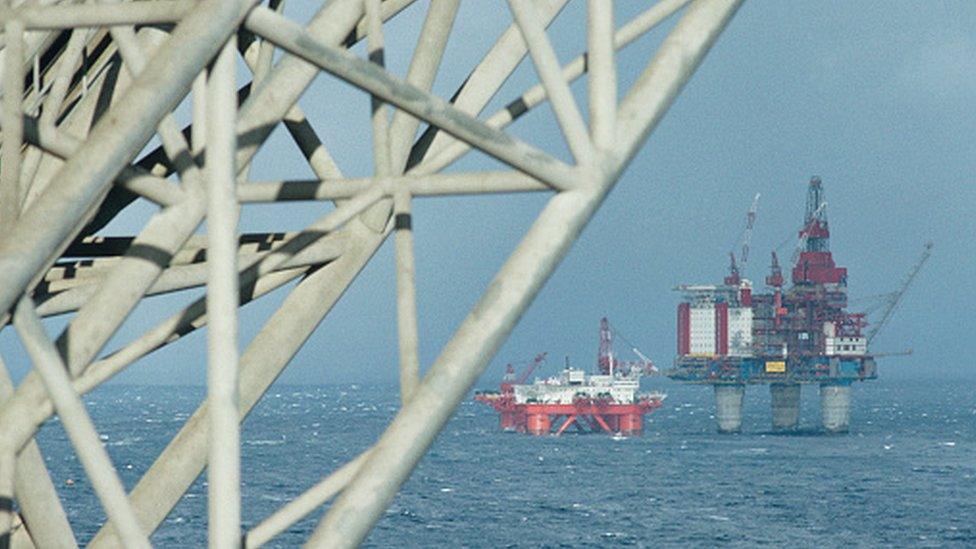
- Published13 June 2017

- Published7 March 2017
